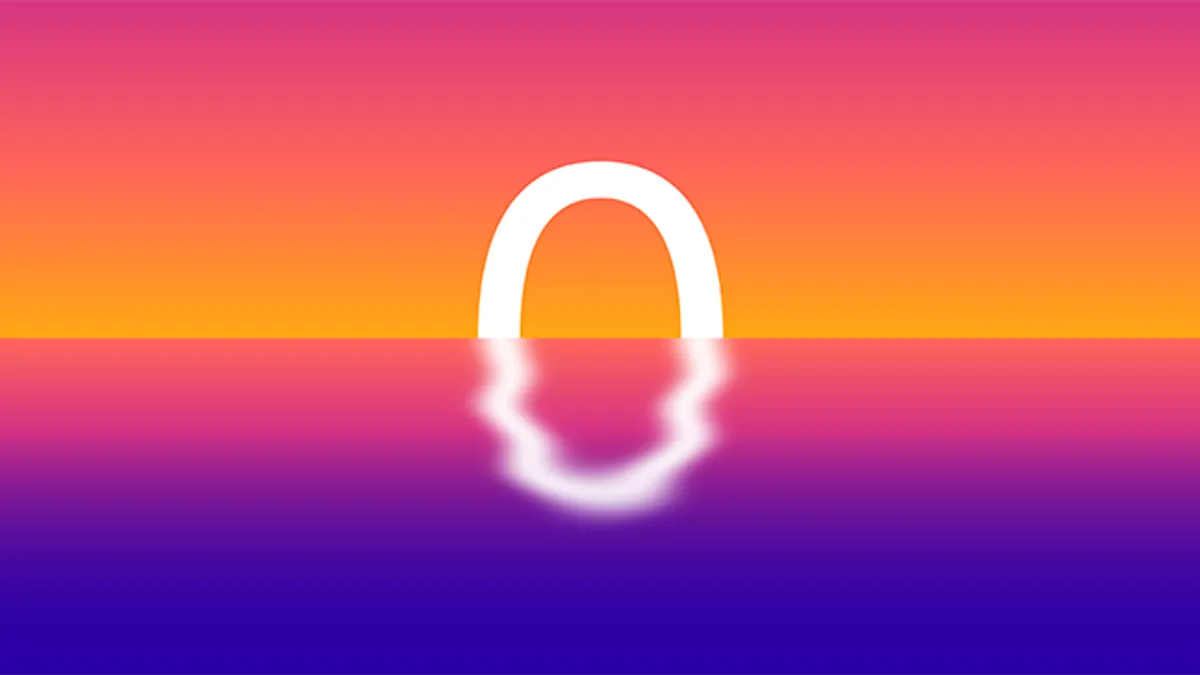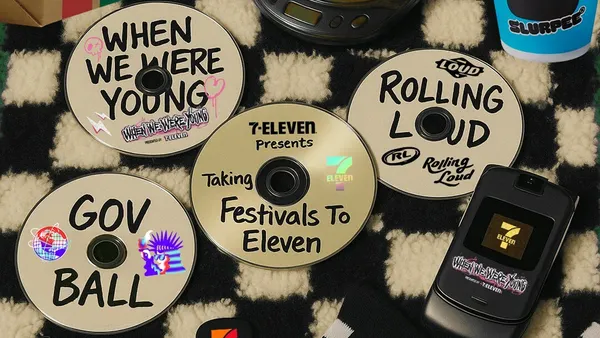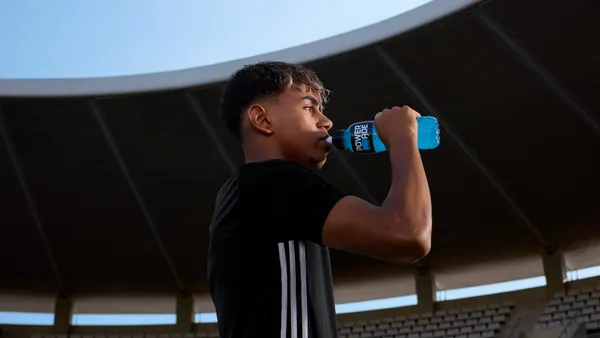Imagine waking up to a new world each morning, one where the patterns and routines that shape what you do, what you believe, and what you value have been suddenly rearranged. This unimaginable life of continuous disruption, volatility, discontinuity, and chaos isn't dystopian science fiction. This has become the 21st-century reality, where every day requires either an action or an escape, and the future is so close that it is no longer a destination. Humans are the most adaptive species on the planet, but how much change can we take? What happens when we reach the limit and how will we know when we are there?
It's no wonder that when this speeding treadmill outpaces our ability to run, we want to step off. We face this unprecedented pace of change with the same brains and bodies humans have had for millennia- a world where change was dispensed over generations. We are not designed for a world that requires almost constant real-time adjustment. At ChangeUp, we've been having conversations with our clients around this concept, addressing how it impacts the future of business and drives consumer behavior. This led us to the belief that we are now in what we've deemed the Zero Horizon world.
What does a Zero Horizon world mean? It means that change is approaching even faster than we can sense, what is deemed new can become old in a single earth rotation, and most significantly, consumers feel like airplanes with no way to navigate and no place to land. This Zero Horizon world is the cause of the so-called "great reset" or "great rethink" that the business media has presented as the post-COVID consumer mindset. We believe it is a symptom of something bigger than the pandemic alone. It is the cumulative effect of compounding innovation in technology, perceived betrayal of our institutions, and growing consumer affluence.
Consumers want to step off the treadmill, but business must keep moving. In fact, it is business that trades in and propels novelty. But with a Zero Horizon, trust is becoming the highest creator of value, and what is novel must fit a narrative as much as, if not more than, it fits a functional consumer need. Trust in our own identity can be the first thing to fail when we confront too much change too fast. We see this occurring in the form of consumers re-evaluating their careers, relationships, and other life choices once perceived as "expected". Many consumers have lost their bearings on who they are, and how to make value judgments regarding what should matter to them. Confusion about who and what to trust leads to persistent anxiety. Brands have a role in diffusing these anxieties and creating stability. Acknowledging the Zero Horizon world creates an opportunity for brands to offer a horizon worth heading towards- worth trusting.
For brands, thriving in a Zero Horizon world means facing their own anxieties about change. "What is" may not be what "ought to be" in the face of ever-evolving consumer mindsets and values. The skill and willingness to shift perspective and/or pivot to stay relevant is the new status quo in the Zero Horizon world but alone is not enough. Brands must reframe the target consumer from a need-state centered definition to a coping-state centered definition. This is not taking a cynical turn on relevance. It is intended to be a proportionate response to better brand building. We believe that today's consumers need to claim their identity and exert control amidst all their new choices, versus reflexively accepting the "more is better/newer is better" narrative of past generations.
The best brands provide a sanctuary from unwelcomed change because they confine the new within their narrative, nesting it inside a clear story that unfolds comfortably and leaves the audience wanting more. Growth is about attracting new audiences to your story, and keeping them loyal, not playing to trends. The narrative is everything, and the hard work is creating it, messaging it, refining it, and keeping it fresh. Trust emerges from the integrity of the narrative over time, experienced by the consumer firsthand or second hand by crafting a story worth telling.
In the Zero Horizon world, the antidote to anxiety is through tapping into our human need to connect through stories that inspire us, give us meaning, represent ideals, and foster shared identities. Brands should stop trying to create value by being great at what's happening now or relying on backwards looking success drivers, or even brute-force innovations. The narrative should endure despite outside changes, and the consumer benefits must be just as timeless, meaning more emotional than practical. This has always been true and always will be. If your brand narrative only has "convenience", "flavor", or "value" as its essence, it is flawed and your days are numbered.










